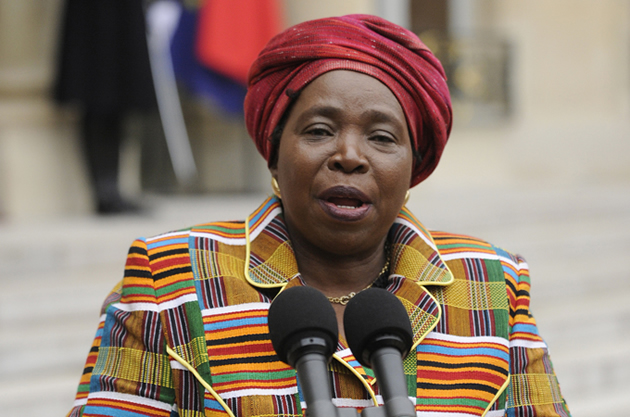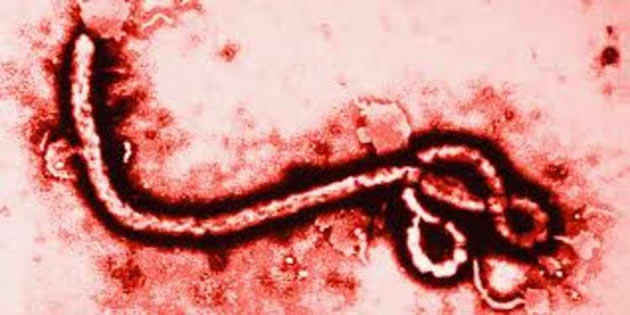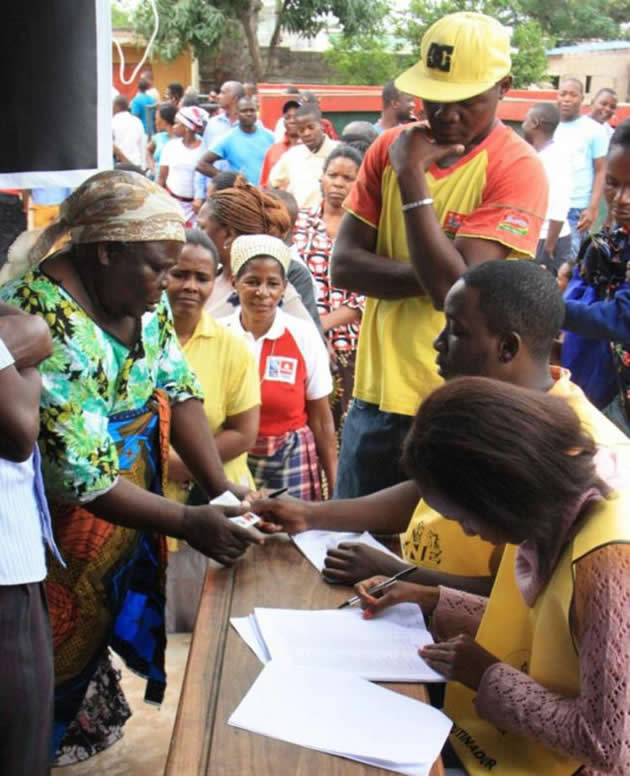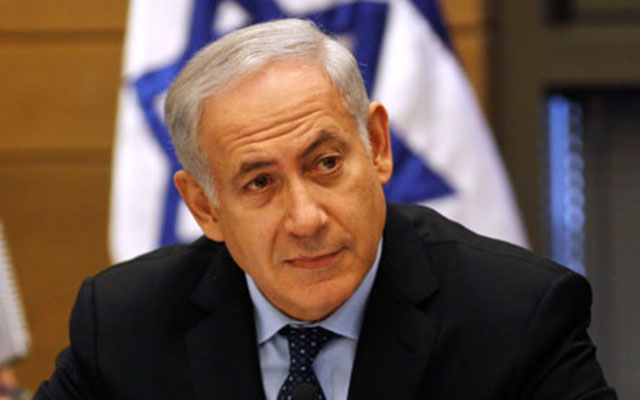Ebola: Dlamini-Zuma rallies Africa

 ADDIS ABABA/GENEVA. — Africa needs to provide more personnel to fight the Ebola epidemic striking West Africa, the African Union Commission chairperson Dr Nkosazana Dlamini-Zuma said on Thursday.
ADDIS ABABA/GENEVA. — Africa needs to provide more personnel to fight the Ebola epidemic striking West Africa, the African Union Commission chairperson Dr Nkosazana Dlamini-Zuma said on Thursday.
“We have to do more as a continent to mobilise human resources,” said Dr Dlamini-Zuma. “We have about 100 volunteers up to now, and we are looking for more volunteers because that’s going to be a big challenge,” she said at a news conference in Addis Ababa.
Dr Dlamini-Zuma said many countries had pledged help with hospitals and treatment centres but not many had pledged human resources. “If the infrastructure is built, it will need human beings, health workers,” she said.
The UN Security Council on Wednesday called on the international community to “accelerate and dramatically expand” aid to combat the spread of Ebola.
Nearly 4 500 people have died this year, mainly in Liberia, Sierra Leone and Guinea, and health officials warn many more will die if the outbreak continues at its current pace.
Meanwhile, Senegal is officially free of Ebola with the benchmark of 42 days passing without any new cases, the World Health Organisation said yesterday.
But the country is not out of danger, given its location and proximity to the worst-hit countries of Sierra Leone, Liberia and Guinea, it said.
“WHO officially declares the Ebola outbreak in Senegal over and commends the country on its diligence to end the transmission of the virus,” the UN health agency said in a statement. Senegal’s only confirmed Ebola case was a student who travelled by road from neighbouring Guinea — where the outbreak began in December — who crossed the border just before it was closed on 21 August.
The man, who had had contact with an Ebola patient in Guinea, was confirmed as having the highly contagious and deadly disease on 29 August. Thanks to rapid care, he recovered by 5 September, and returned to Guinea two weeks later.
But Senegal could not be declared officially Ebola-free until two full 21-day incubation periods of the disease had elapsed.
“Senegal’s response is a good example of what to do when faced with an imported case of Ebola,” WHO said, lauding the government for having “reacted quickly to stop the disease from spreading”.
Senegal’s response plan included identifying and monitoring 74 close contacts of the patient, prompt testing of all suspected cases, stepped-up surveillance at border posts and nationwide public awareness campaigns, the UN agency underlined.
WHO also dispatched a team of epidemiologists to work alongside health ministry workers as well as medical charity Doctors Without Borders and the US Centres for Disease Control and Prevention. — AFP/HR.









Comments